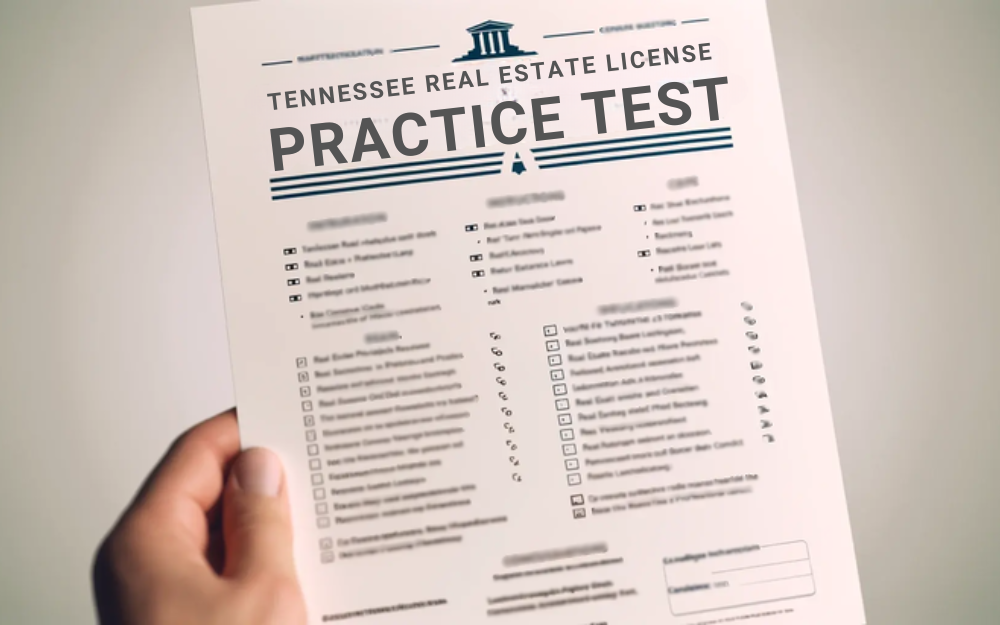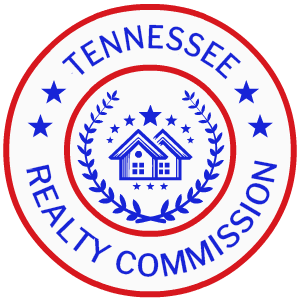
Determine your answer, then click the arrow to see the correct response.
What Does "Home Equity Line of Credit" (HELOC) Mean?
A) A fixed-rate loan based on home equity
B) A revolving credit line secured by the borrower's home equity, which can be used as needed
C) A government grant for home improvements
D) A type of mortgage with a fixed payment schedule
Correct Answer: B) A revolving credit line secured by the borrower’s home equity, which can be used as needed
Explanation: A home equity line of credit (HELOC) is a type of loan in which the lender agrees to lend a maximum amount within an agreed period, where the collateral is the borrower’s equity in their house. It functions much like a credit card, where the borrower can borrow, repay, and borrow again up to the credit limit.
A Homeowner in Tennessee Is Considering Refinancing Their Mortgage To Reduce Their Interest Rate. The Original Loan Amount Was $200,000 at 5% for 30 Years, and the New Loan Amount Is $180,000 at 3.75% for 20 Years. What Is the Difference in the Total Interest Paid Between the Original Loan and the Refinanced Loan?
A) $46,320
B) $50,820
C) $55,020
D) $58,220
Correct Answer: C) $55,020
Explanation: Calculate the total interest paid for both the original and refinanced loans and find the difference. For the original loan: M = P[r(1+r)^n] / [(1+r)^n – 1] for P = $200,000, r = 0.05/12, n = 3012. For the refinanced loan: M = P[r(1+r)^n] / [(1+r)^n – 1] for P = $180,000, r = 0.0375/12, n = 2012. Total interest is then calculated as the total payments over the term minus the principal.
What Is "Capital Gain" in Real Estate?
A) The profit from the sale of an asset like real estate, stocks, or bonds
B) The rental income from a property
C) The interest earned on a mortgage loan
D) The amount spent on property improvements
Correct Answer: A) The profit from the sale of an asset like real estate, stocks, or bonds
Explanation: Capital gain is the profit earned from the sale of an asset, such as real estate, when the sale price exceeds the purchase price.
What Is a "Quitclaim Deed"?
A) A deed that guarantees the title is clear
B) A deed that transfers whatever interest the grantor has in the property without any warranties
C) A deed used to secure a mortgage loan
D) A deed that transfers ownership upon the grantor's death
Correct Answer: B) A deed that transfers whatever interest the grantor has in the property without any warranties
Explanation: A quitclaim deed transfers any interest the grantor has in the property to the grantee but does not provide any warranties or guarantees about the title.
What Does "Estoppel Certificate" Refer to in Real Estate?
A) A certificate that shows property taxes are paid
B) A document in which a tenant confirms the terms of their lease and that the lease is in full force
C) A certificate proving property ownership
D) A document that transfers ownership of property
Correct Answer: B) A document in which a tenant confirms the terms of their lease and that the lease is in full force
Explanation: An estoppel certificate is a document used in real estate where a tenant confirms the current status and terms of their lease and acknowledges that the lease is in full force and effect.
What Is "Cash Flow" in the Context of Real Estate Investment?
A) The amount of money required to purchase a property
B) The amount of money a property owner receives after paying operating expenses, debt service, and taxes
C) The total amount of rental income
D) The value of the property after depreciation
Correct Answer: B) The amount of money a property owner receives after paying operating expenses, debt service, and taxes
Explanation: Cash flow in real estate investment refers to the net amount of cash that a property owner receives after all operating expenses, debt service, and taxes have been paid.
A Tenant in Tennessee Vacates a Rental Property Without Giving Notice and Leaves Behind Unpaid Rent. What Can the Landlord Do With the Tenant's Security Deposit?
A) The landlord must return the deposit in full
B) The landlord can apply the deposit to the unpaid rent
C) The landlord must hold the deposit for six months
D) The landlord can use the deposit for property improvements
Correct Answer: B) The landlord can apply the deposit to the unpaid rent
Explanation: According to Tennessee Code § 66-28-301, if a tenant vacates the premises with unpaid rent or other amounts due, the landlord may remove the deposit from the account and apply the money to the unpaid debt.
A Principal Broker in Tennessee Decides To Close the Firm's Escrow Account as the Firm No Longer Engages in Activities Requiring the Acceptance of Funds From Others. What Must the Broker Do To Comply With Tennessee Law?
A) Notify clients and hold the funds personally
B) Receive a waiver from the Tennessee Real Estate Commission
C) Transfer the funds to the firm's business account
D) Return all funds to the clients immediately
Correct Answer: B) Receive a waiver from the Tennessee Real Estate Commission
Explanation: The principal broker must receive a waiver from the Tennessee Real Estate Commission to close the escrow account. If the firm later accepts funds belonging to others, the broker must open a new escrow account within one business day and notify the commission (Tennessee Code § 62-13-323).
A Landlord in Tennessee Fails To Deposit a Tenant’s Security Deposit Into the Required Separate Account. Can the Landlord Retain Any Portion of the Security Deposit for Damages?
A) Yes, as long as the damages are documented
B) No, the landlord cannot retain any portion of the deposit
C) Yes, if the tenant agrees in writing
D) No, unless the landlord provides a detailed invoice
Correct Answer: B) No, the landlord cannot retain any portion of the deposit
Explanation: According to Tennessee Code § 66-28-301, if a landlord fails to deposit the tenant’s security deposit into a separate account as required, they are not entitled to retain any portion of the deposit for damages.
A Tennessee Property Is Sold for $525,000. The Seller Pays a 6% Commission to Their Real Estate Agent, and There Are Additional Closing Costs of $8,000. How Much Does the Seller Net From the Sale After Paying These Expenses?
A) $481,500
B) $482,500
C) $487,500
D) $490,000
Correct Answer: B) $482,500
Explanation: The commission paid to the real estate agent is 6% of $525,000, which is $31,500. Therefore, the total expenses are $31,500 (commission) + $8,000 (closing costs) = $39,500. The net amount the seller receives is $525,000 – $39,500 = $482,500.
